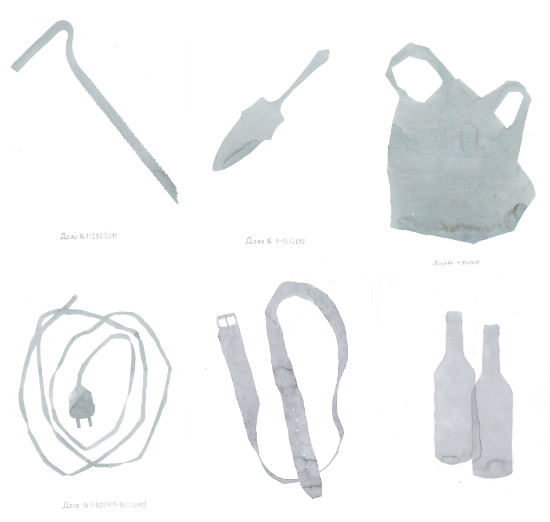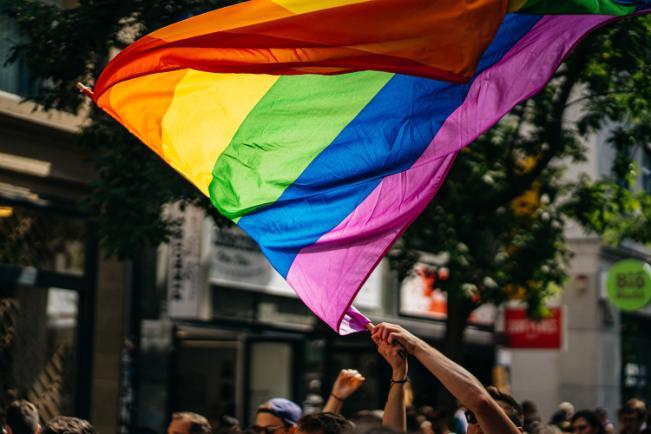Summary
Research by Dr Alexander Kondakov, Sergey Katsuba and colleagues has provided the most reliable data on anti-LGBTQ hate crimes in Russia, where such crimes are not reported in official statistics. Their work developed alternative methods of calculating hate crime incidents, regardless of the willingness of law enforcement to record these crimes.
The project has shown evidence of the influence of discriminatory state policies on the level of violence against marginalised communities. By bringing to light stories of LGBTQ people in Russia, and providing insight into the reality of oppression and violence, the project helps advocacy groups to campaign for change, and it enables future generations to know what it is like to live in conditions where violence against a particular group is normalised.
Research description
 In 2013, Russia enacted the so-called “gay propaganda” law – a censorship legislation banning LGBTQ-related content from circulation and LGBTQ activists from organising public events. This discriminatory legal act increased levels of prejudice and deeply affected the LGBTQ community. The Russian authorities do not recognise homophobic hate crimes and do not monitor them. Research by Dr Alexander Kondakov, Sergey Katsuba and colleagues used online public databases of court rulings to find cases of violence against LGBTQ people and generate statistics on them. The data that were generated by the project are the only reliable data on such violence, and the method is applied on a continuous basis.
In 2013, Russia enacted the so-called “gay propaganda” law – a censorship legislation banning LGBTQ-related content from circulation and LGBTQ activists from organising public events. This discriminatory legal act increased levels of prejudice and deeply affected the LGBTQ community. The Russian authorities do not recognise homophobic hate crimes and do not monitor them. Research by Dr Alexander Kondakov, Sergey Katsuba and colleagues used online public databases of court rulings to find cases of violence against LGBTQ people and generate statistics on them. The data that were generated by the project are the only reliable data on such violence, and the method is applied on a continuous basis.
The research project has established that homophobic violence is on the rise in Russia after the “gay propaganda” law. Between 2010 and 2020 the research managed to identify 1056 hate crimes committed against 853 individuals, with 365 fatalities. The number of crimes after the “gay propaganda” law was enacted is three times higher than before.
These findings are being shared through academic articles, citations by global and national news agencies, cooperation with international organisations, international conferences and workshops, art, and a designated website.
For example, in 2022 the project contributed to the international effort to monitor hate crimes by submitting a report to the Organization for Security and Co-operation in Europe (OSCE). The OSCE used the project team’s data in their most recent annual report, and on their website which contains a database of hate crime cases, publicising the statistics and the stories of the victims. An art exhibition, informed by the research, and depicting murder weapons from the analysed cases, travelled from St. Petersburg to Moscow and to Berlin, and is open to other locations (adjacent image by artist Polina Zaslavskaya).
